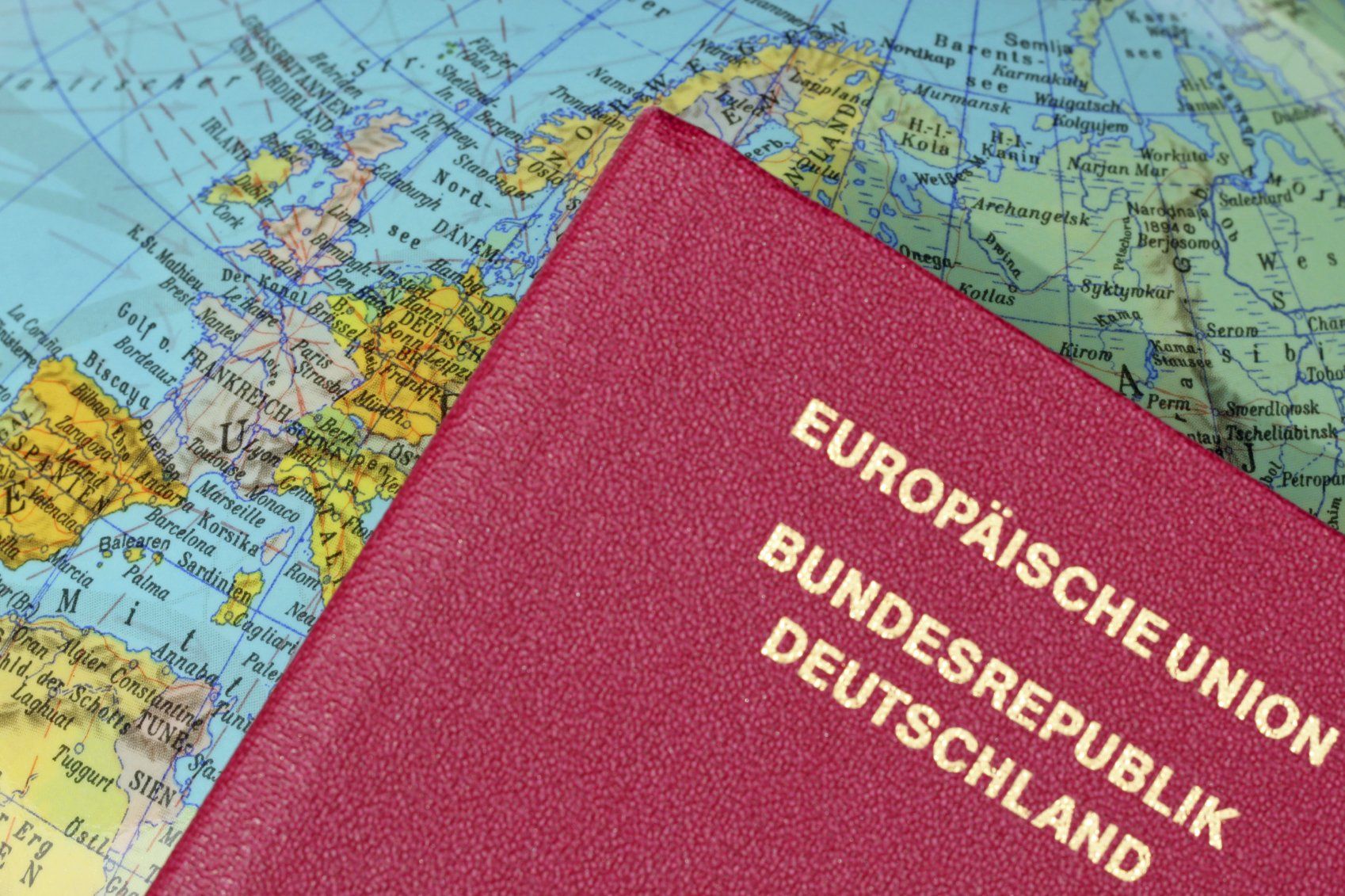Unlocking your Italian heritage: Essential tips for tracing your ancestry
Tracing your Italian ancestry

2. Utilize Online Genealogy Resources
In the digital age, the internet has become a treasure trove of resources for tracing your Italian ancestry. Online genealogy websites and databases provide access to a vast collection of records, historical documents, and research tools specifically tailored to genealogical research. Here's how you can leverage these resources effectively:
Italian Genealogy Websites: Explore dedicated Italian genealogy websites that specialize in Italian ancestry research. Platforms like Ancestry.com, FamilySearch, and MyHeritage offer extensive databases with Italian records, including birth, marriage, and death certificates, census data, immigration records, and more. Use their search features and filters to narrow down your results and find relevant information about your Italian ancestors.
Online Archives and Libraries: Many Italian municipalities and regional archives have digitized their records and made them available online. Research the specific locations your ancestors came from and visit their official websites. These archives often provide access to civil and church records, historical documents, maps, and other valuable resources. Utilize their search functions and indexes to locate relevant records and extract crucial information.
Military Enrolment Records: Look for military enrolment records that may exist for your Italian ancestors. In Italy, military service was compulsory for males, and these records can provide valuable insights into their lives, including birthdates, birthplaces, occupations, physical descriptions, and military units. Check online repositories, local or regional archives, such as the one for Padova and Rovigo in Veneto region, or consult specialized Italian military genealogy websites for access to these records.
Passenger Lists: Search for passenger lists and immigration records to uncover details about your ancestors' journeys from Italy to their new homes. Various online databases, such as Ellis Island's passenger search and the AAD National Archives in the United States, provide access to historical manifests, ship records, and arrival information. These records often contain valuable data like names, ages, occupations, last residence in Italy, and the names of relatives traveling with them.
Online Forums and Communities: Engage with online genealogy forums and communities that focus on Italian ancestry research. These platforms bring together individuals with similar research interests, allowing you to share insights, seek guidance, and collaborate with experienced researchers. Participate in discussions, ask questions, and contribute your own knowledge to foster a supportive community.
Social Media Groups: Join social media groups dedicated to Italian genealogy or ancestral research. Platforms like Facebook and LinkedIn host numerous communities where you can connect with like-minded individuals, share discoveries, and seek advice. These groups often provide valuable recommendations for resources, online tools, and strategies specific to Italian genealogy. For US nationals, check out groups such as Italian Genealogy and Italian Genealogical Group, Inc..
Italian Language Resources: Familiarize yourself with basic Italian genealogical terms to aid your research. Knowing common Italian words and phrases related to births, marriages, deaths, and family relationships will enable you to navigate Italian records more effectively. Online Italian-English genealogy dictionaries and glossaries can be useful references.
Remember to approach online resources with a critical mindset, cross-referencing information from multiple sources to ensure accuracy. Be patient and persistent in your search, as uncovering your Italian ancestry may require piecing together various records and clues over time.
3. Consult Italian Heritage Societies and Local Experts
Italian heritage societies and local experts can provide valuable guidance and assistance in your research. Reach out to organizations dedicated to preserving Italian culture and heritage in your area or online. They may offer resources, expertise, and connections to help you navigate the complexities of Italian genealogy. Additionally, consider seeking out professional genealogists specializing in Italian ancestry for personalized assistance. Passport-Euro offers this service, so get in touch if you need support.
Conclusion
Tracing your Italian ancestry is a rewarding and meaningful journey that allows you to connect with your roots and discover your family's story. By following these tips and utilizing the resources available, you can navigate the world of Italian genealogy more effectively. Remember to approach your research with curiosity, persistence, and a willingness to explore different sources. With each new discovery, you will uncover a richer understanding of your Italian heritage and strengthen your connection to your ancestors.










